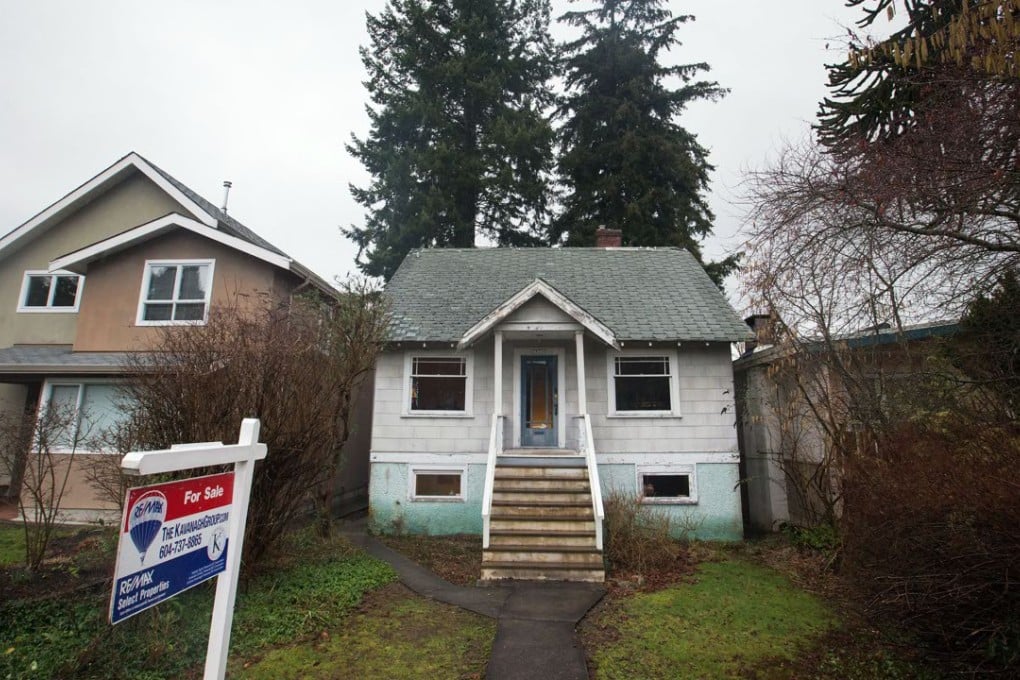Mind the Gap | British Columbia a lesson in economic incompetence
Flipping property has become the only profitable business in town

In Vancouver, first time buyers are being replaced by people who are investing rather than living there.
With detached homes now costing an average of C$2 million (HK$11.5 million), Vancouver increasingly looks like central London, where property prices are simply determined by who is willing to pay the next higher price. The number of first-time buyers has also hit an all time low like London, too. Vancouver could share the experience of Irvine, California, where last year, 80 per cent of new homes sold were bought by mainland Chinese.
Instead of wallowing in self-defeating, white-hot Canadian sanctimony, Canadians ought to understand how outsiders see their inability to respond to changes in the global economy, not money laundering or yellow peril, are behind their problems.
Canada was one of the most economically equal countries in the OECD. But successive waves of offshore manufacturing in Japan and now China have destroyed that balance. Much like the rest of North America, during the ’70s and ’80s the real income of a unionised, semi-skilled worker in British Columbia’s forestry or pulp and paper industry entitled her or him to the Canadian dream – a home in Vancouver, two cars, and a snowmobile or wave runner.
First Nations and environmental activists have achieved an onerous and unassailable level of influence over the economy, making it increasingly difficult to attract the foreign investment
That dream is now folklore. Little do they realise that 10 Chinese workers can be hired for the wages of one unionised Canadian – and the Chinese worker will work harder because they are desperate to get ahead. A history of militant unionism, originally imported from Britain, stubbornly clings to all aspects of the British Columbia work ethic.

